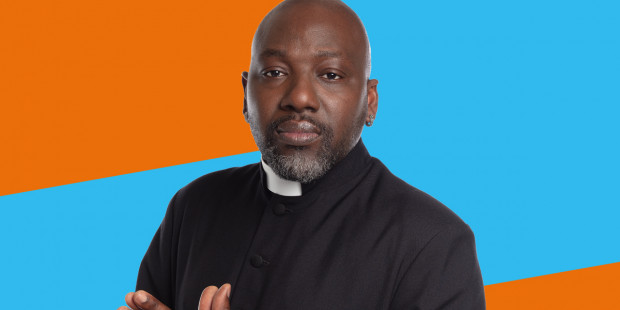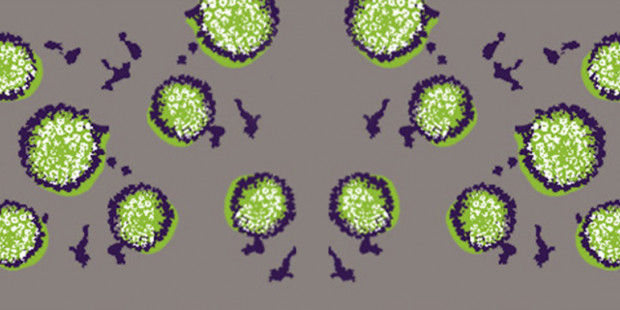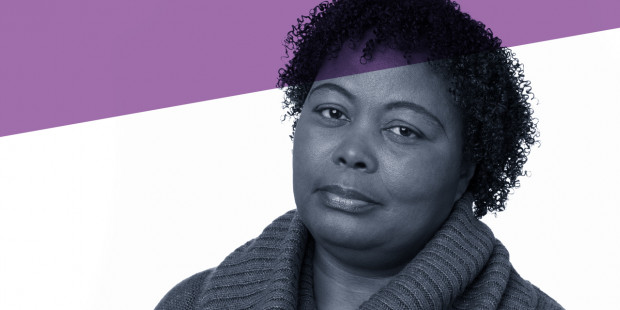
What is a seroconversion illness?
Up to six weeks after getting HIV, most people experience a short one- or two-week illness called a seroconversion illness.
The most common symptoms of seroconversion are:
- sore throat
- fever
- swollen glands
- muscle aches and tiredness
- rash over the body.
Seroconversion is a sign that the immune system is reacting to the presence of the virus in the body. It’s also the point at which the body produces antibodies to HIV. Once seroconversion has happened, an HIV test will detect antibodies and give a positive result.
Seroconversion illness happens to most (but not all) people shortly after infection. It can be severe enough to put someone in hospital or so mild that it’s mistaken for something like flu – although a blocked or runny nose is not usually a symptom.
If you do have HIV, your body fluids (blood, semen and vaginal or anal secretions) are highly infectious during the early weeks and months after transmission. However, once you’re on effective treatment and your viral load becomes undetectable you cannot pass on HIV.
It can take up to six months from starting treatment to become undetectable.
What are the symptoms of later HIV-related illnesses?
As HIV weakens someone’s immune system, they may experience signs of other illnesses:
- weight loss
- night sweats
- thrush in the mouth
- an increase in herpes or cold sore outbreaks
- swollen glands in the groin, neck or armpit
- long-lasting diarrhoea
- tiredness.
But remember: people who don’t have HIV can also get any of these – they can be the signs of other illnesses.
A weakened immune system may leave someone more open to serious infections such as:
- tuberculosis (TB)
- pneumonia
- some cancers.
What should I do if I think I could have HIV?
Only an HIV test can tell you whether you have HIV.
Try not to guess based on any symptoms you may or may not have, or on the HIV status of a person you have had sex with.
If you test, tell whoever tests you if you’ve recently taken risks or had symptoms similar to seroconversion illness, as this will affect the kind of HIV test you should have.
To be on the safe side, and until you know your test result, use condoms to protect anyone you have sex with.
You can also call THT Direct on 0808 802 1221.
What can effective HIV treatment do?
HIV medication keeps you healthy so you can live a normal lifespan.
Treatment can also reduce your viral load to undetectable levels so that you won’t be able to pass on HIV to anyone else. It can take up to six months from starting treatment to become undetectable, so it’s important to test and start treatment on time.







